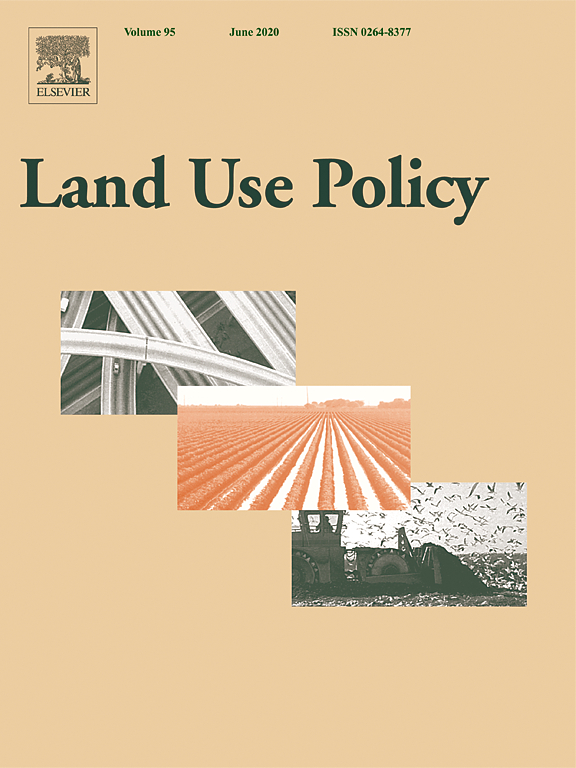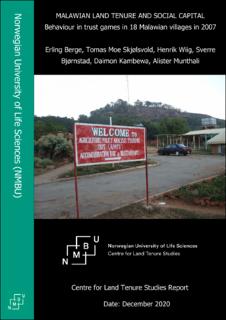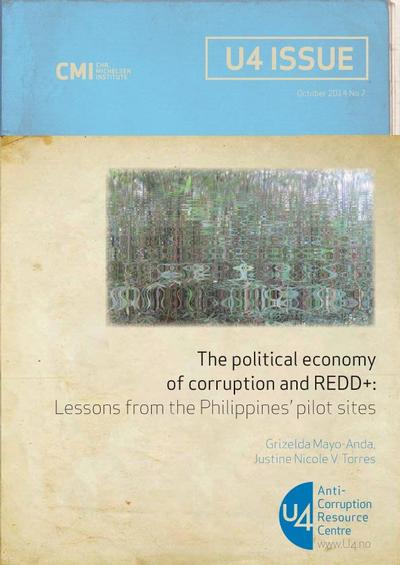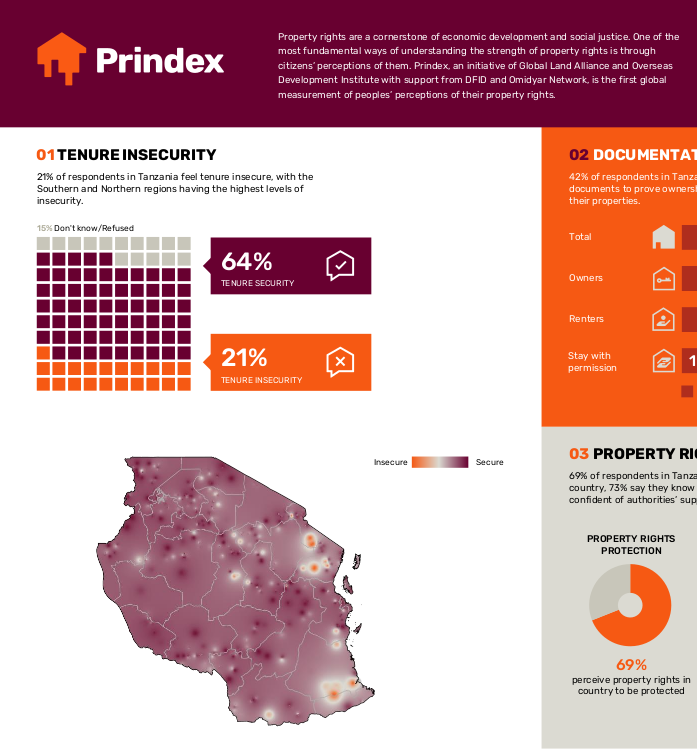Mapping properties to monitor forests: Landholder response to a large environmental registration program in the Brazilian Amazon
Across the tropics, development banks and conservation donors are investing millions in property mapping and registration projects to improve accountability for deforestation. An evaluation of the effectiveness and accuracy of existing environmental registries is crucial to assure the success of future efforts. This study presents an evaluation of deforestation and registration behavior in response to one of the largest of these property registration programs to date — the Rural Environmental Registry (CAR) in the Amazonian state of Pará.









